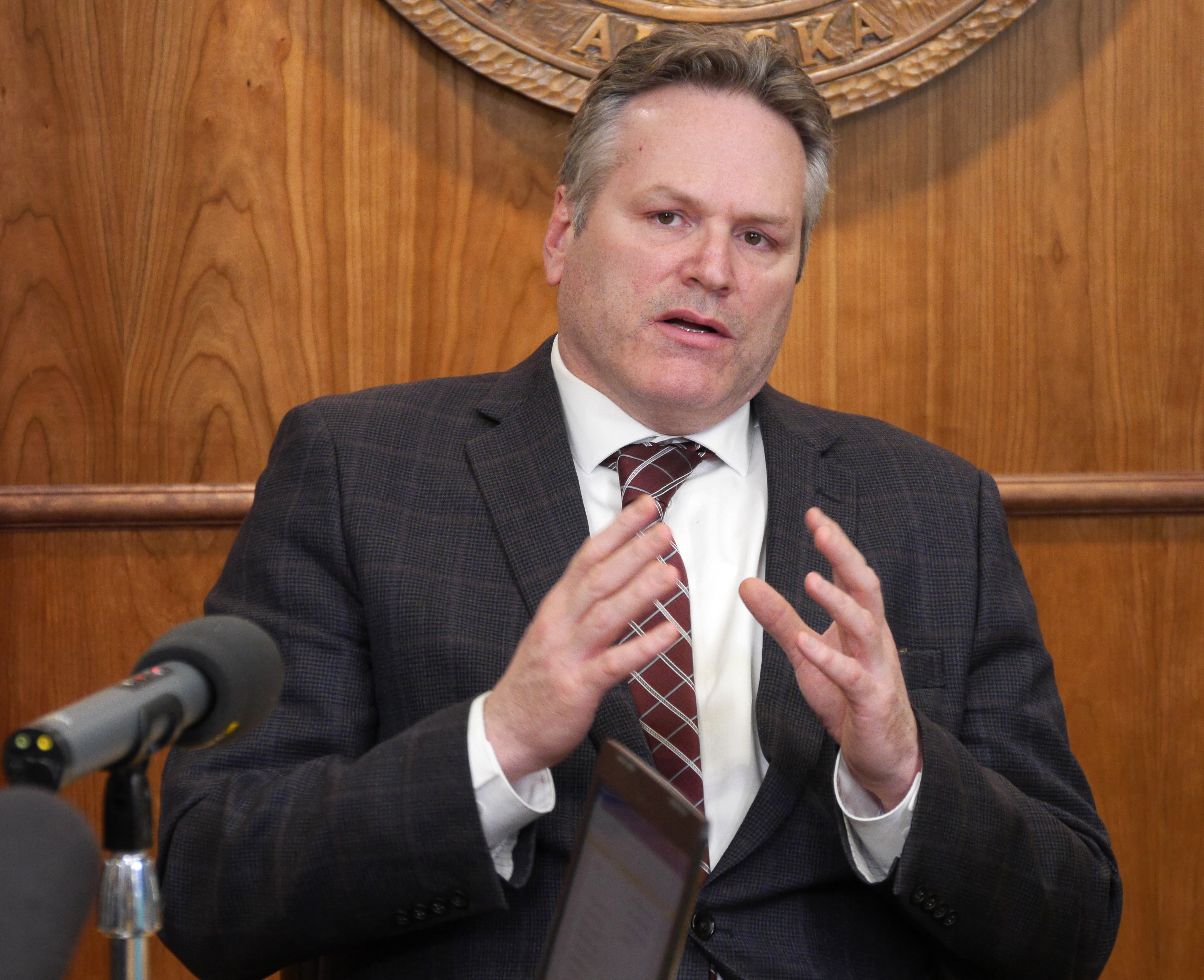
The federal government and Gov. Mike Dunleavy want Alaska to be the first state to fund Medicaid through a block grant. This means the state would receive a fixed amount of federal money instead of the open-ended commitment under the current approach. It would limit the amount of Medicaid funds coming to Alaska, but it would allow the state more flexibility in how it operates the program.
Dunleavy told President Donald Trump in a letter dated March 1 that top federal Medicaid official Seema Verma has urged Alaska to be the first state to receive Medicaid dollars as a block grant.
“We are eager to do this, but your support of her on this ‘first’ will keep the proper focus and speed on the application,” Dunleavy wrote Trump.
Dunleavy spokesman Matt Shuckerow said a block grant could allow the state more flexibility in how it spends Medicaid funding.
“The overall message here that we sent to the president is that we’re open and willing to take flexible measures that can help improve savings and efficiencies within the government,” Shuckerow said.
Shuckerow said the block grant isn’t the only change the state is seeking from the federal government. He said it could also seek an increase to the federal share of Medicaid spending in the state.
The block grant proposal raised immediate concern with advocates for hospitals and other health care providers, including Becky Hultberg, president and CEO of the Alaska State Hospital and Nursing Home Association.
“We need to transform care, and block grants just put less money into the existing system,” she said. “That’s not something we want to be first in.”
Hultberg said that, depending on the details of the block grant, the concept could conflict with legal requirements about who receives Medicaid and what health care they’re entitled to.
What happens in Alaska could draw national interest. Cindy Mann, a lawyer who works with states on Medicaid issues, was the federal director for Medicaid in President Barack Obama’s administration. She said states benefit from the federal commitment to share Medicaid expenses, even when they’re higher than expected.
“The state would lose that flexibility under a block grant,” Mann said. “If they hit the cap and costs were going up — or enrollment were (to be) going up — the state would have to cut at that point.”
State Medicaid officials have said some of the Medicaid spending reductions may not occur for another year or more.
